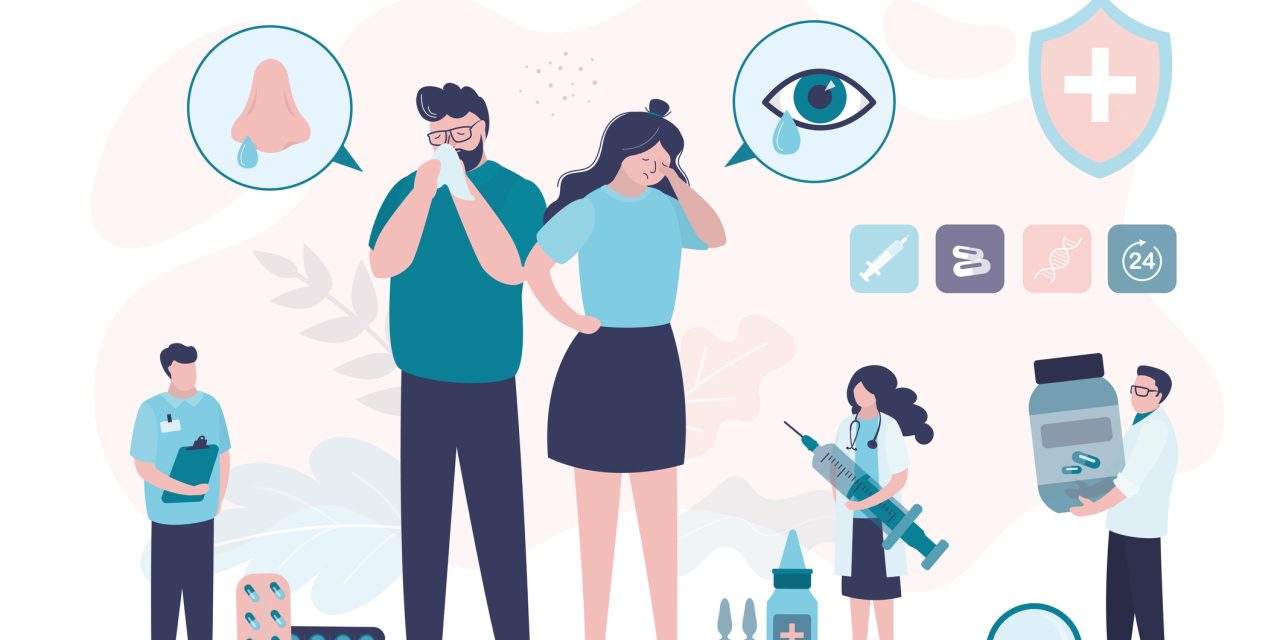To identify whether lifetime cocaine use is a risk factor for conversion from Major Depressive Disorder (MDD) to Bipolar Disorder (BD) in an outpatient sample of adults.
This is a prospective cohort study including 585 subjects aged between 18 and 60 years of age, diagnosed with MDD, as assessed by the Mini International Neuropsychiatric Interview (MINI-Plus) at baseline (2012 – 2015). Subjects were re-assessed a mean of 3 years later (2017 – 2018) for potential conversion to BD assessed by MINI-Plus. Lifetime cocaine use was assessed using the Alcohol, Smoking and Substance Involvement Screening Test.
In the second wave, we had 117 (20%) losses, and 468 patients were reassessed. The rate of conversion from MDD to BD in 3 years was 12.4% (n=58). A logistic regression analysis showed that the risk for conversion from MDD to BD was 3.41 (1.11 – 10.43, 95% CI) times higher in subjects who reported lifetime cocaine use at baseline as compared to individuals that did not report lifetime cocaine use at baseline, after adjusting for demographic and clinical confounders.
These findings showed that lifetime cocaine use is a potential predictor of conversion to BD in a MDD cohort. Further studies are needed to assess the possible underlying mechanisms linking exposure to cocaine to BD conversion. This article is protected by copyright. All rights reserved.
This article is protected by copyright. All rights reserved.
Lifetime cocaine use is a potential predictor for conversion from major depressive disorder to bipolar disorder: a prospective study.


